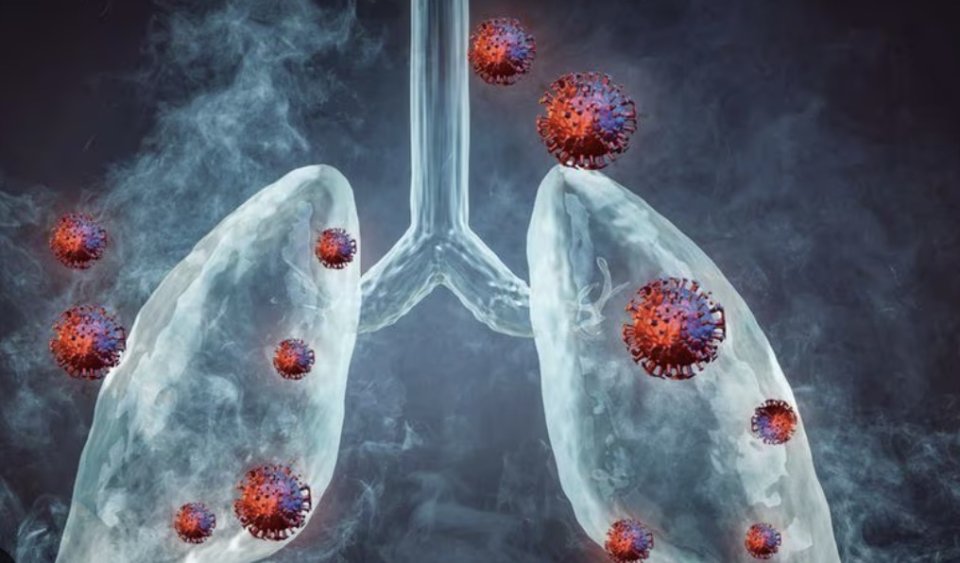Three days into 2025, the spread of a new mysterious virus in China is causing panic.
The virus, called human metapneumovirus (HMPV), has been spreading in China. The country reported rising cases of HMPV, especially among those under 14 in northern provinces, reported Reuters. Amid the health scare, there have been speculations on whether the virus will impact India, or bring back the COVID-19 days.
Speaking to Livemint, Dr Arun Gupta, the President of Delhi Medical Council, said that the symptoms of HMPV are very similar to COVID -19, and a close watch is needed. He however, highlighted that there was no reason to panic.
“HMPV symptoms are mostly similar to that of COVID-19. Cases have only been reported in China till now. So far it is not a cause of alarm, but a close watch is needed,” Dr Arun Gupta told Livemint.
Dr Gupta further elaborated that there isn't any differentiating symptom between COVID-19, and HMPV. “ It can only be differentiated through viral study, for which specific labs are available," he said.
Precautionary measures such as wearing masks in crowded places, avoiding close contact, can help reduce the risk of contracting HMPV, and other similar respiratory viruses, said other doctors.
2025 is not the first time that HMPV cases have been reported. Around 2011-12, several HMPV cases had been reported in USA, Canada and Europe.
HMPV symptoms are similar to that of a common cold or flu, such as mild fever, runny nose and cough.
How does HMPV spread?
The human metapneumovirus is also fomite borne, meaning it spreads from an infected person to another, or from an infected surface to a person.
It can spread from close contact like shaking hands with an infected person, from the coughing and sneezing of an infected person.
Touching contaminated surfaces and then touching the face (mouth, nose, or eyes), can also lead to the spread of HMPV.
As per reports, the Chinese government is piloting a monitoring system for pneumonia of unknown origin to avoid the lower levels of preparedness witnessed five years ago during the COVID-19 outbreak. (Mint)







